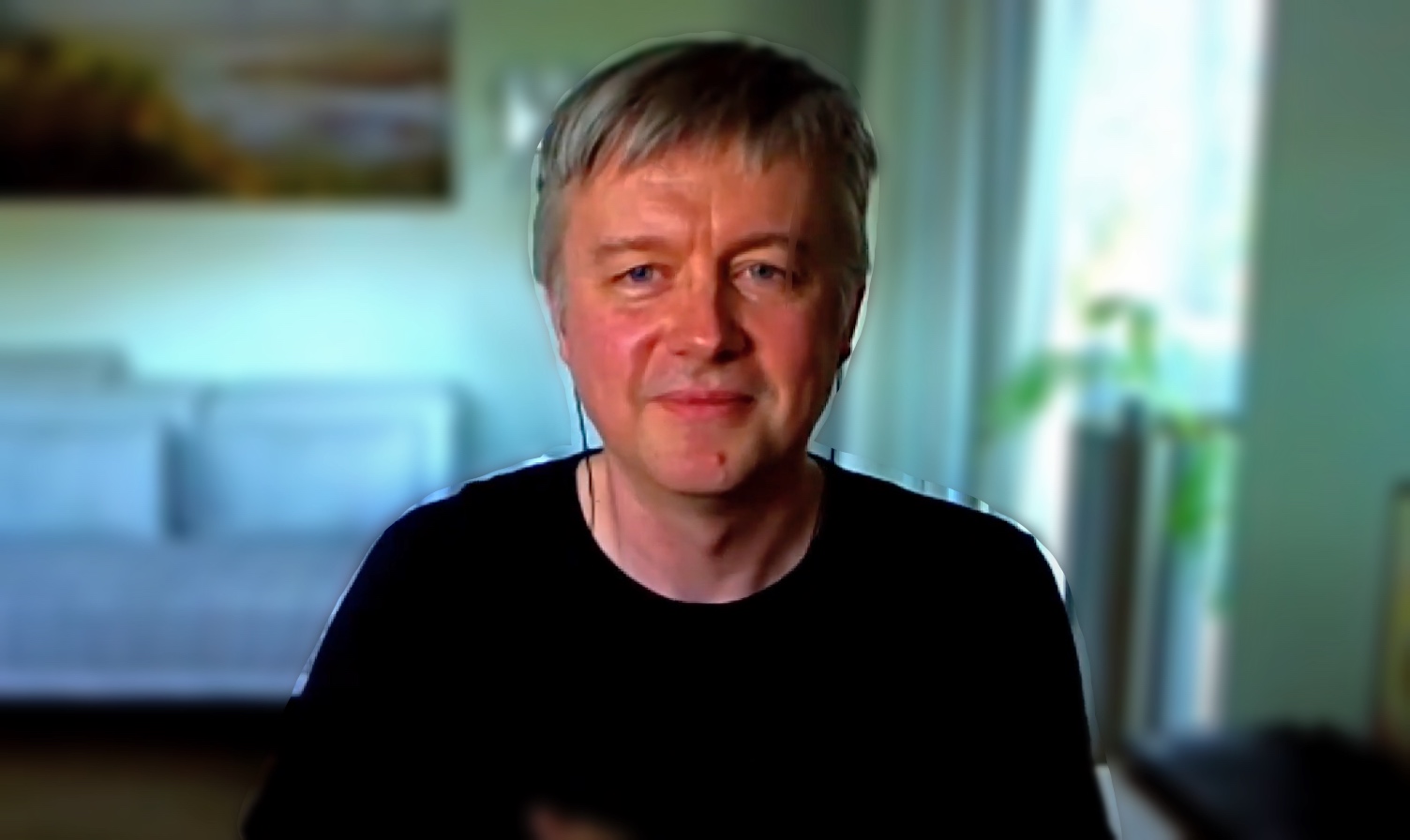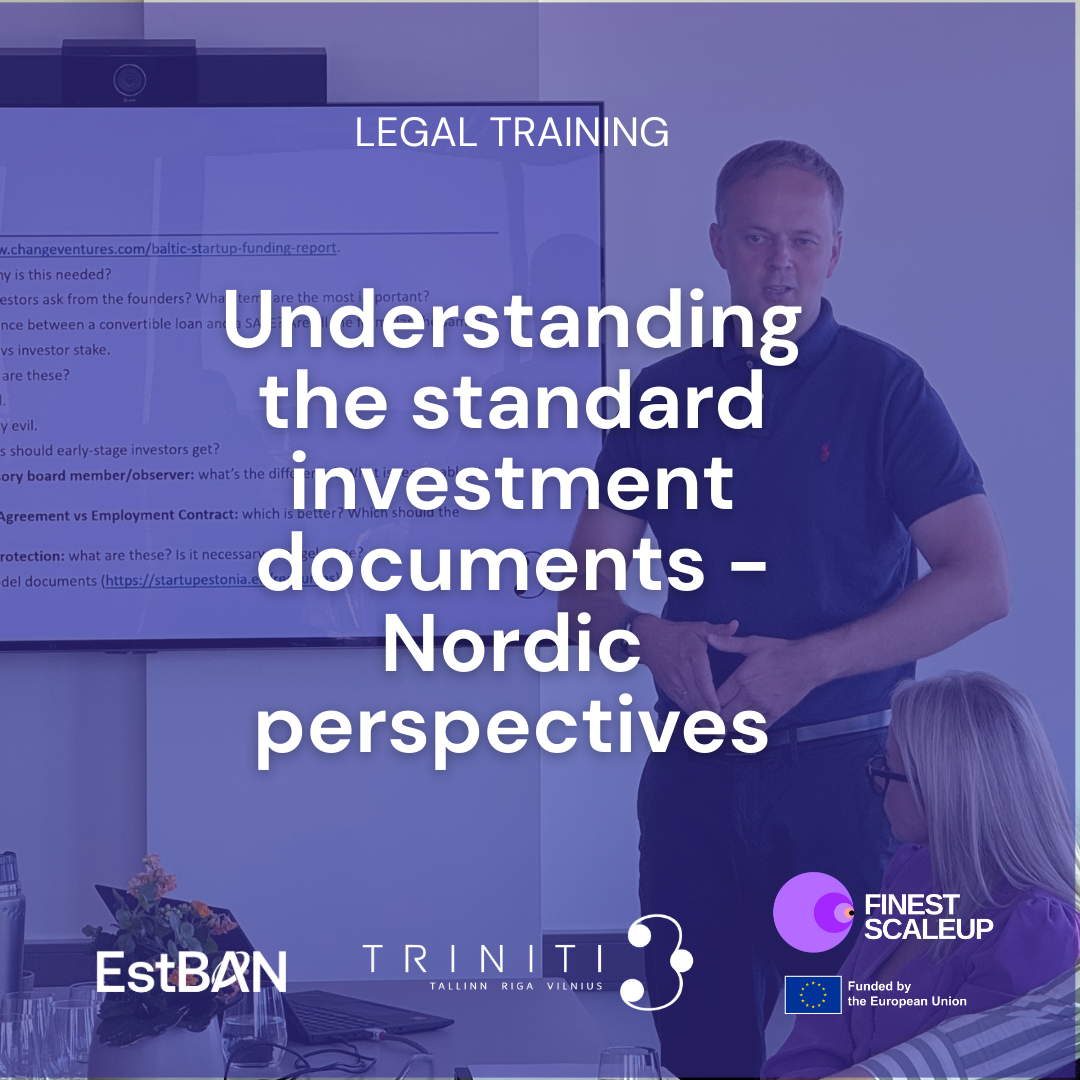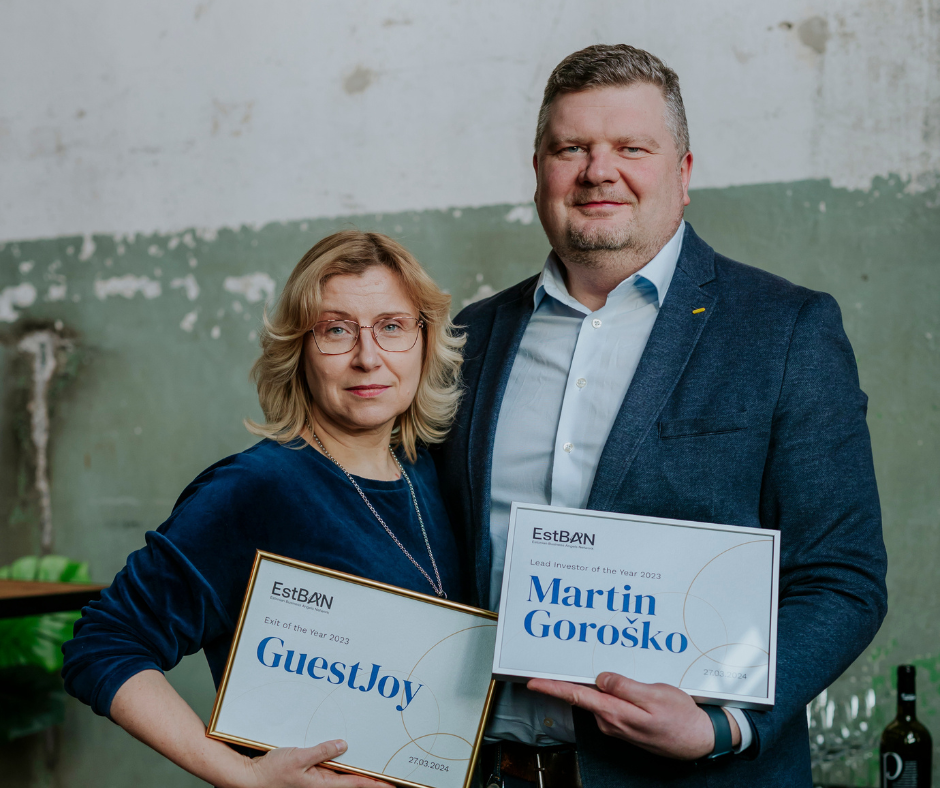Jaan Tallinn is a founding engineer of Skype and Kazaa. He is also a co-founder of the Cambridge Centre for the Study of Existential Risk and Future of Life Institute, philanthropically supporting other existential risk research organisations. Jaan is also an active angel investor, he has now invested more than 100 million euros of his personal wealth into start-ups around the world.
Jaan was interviewed by Madis Müür, EstBAN board member.
Jaan, what are your biggest success stories?
The most prominent point obviously was DeepMind. But the most ridiculous investments tend to be in crypto space. In terms of investments crypto companies have been the leading players. They’re also coming in 100% up until next down. But if you ask me tomorrow, that may be different.
How satisfied are you with the progress and cryptos` value as an asset?
I think the most interesting thing about crypto is that it is a credible neutral global platform. I do think that there’s blockchains that bring a completely new capacity to the world. One way in particular is to maintain pieces of data, so we can build things like credible prediction platforms. I hope it will have a great impact on the rationality of various decisions in politics, but also perhaps other fields.
How do you get the international deal flow, through your portfolio companies or your network of investors?
It is a crucial question for investors. I do think that you can predict what’s going to happen to your portfolio by just looking at the deal flow quality, when the most capable entrepreneurs pick with whom they go with.
Another thing that I did whenever I went to the US, I got to know the Thiel Fellowship. Peter Thiel was interested in existential risk reduction and he was creating a program called the Thiel Fellowship with a lot of brilliant people. Reaching out to the network, people in the industry are adding value and it’s a great way to start. For me, it was kind of this brand feeding into itself – once you have a portfolio that looks great, more promising companies are interested in getting the benefit of brand (well-known) investor.
You were early into AI and several other sectors, but what can be the sectors, or the trends that are currently under the radar, but can be big in five to ten years?
I think that proteomics is trying to get a better sense of what happens in the human body, and trying to figure out what to do and what interventions may be done. I’ve heard the claim that COVID was like a blessing in disguise to this industry because mRNA vaccines got accelerated. That could be applied in many cases, and now they are in a better position.
Talk a bit about your activities in solving AI problems that you are tackling at the moment, how is it going?
People don’t realize that there is a very stark distinction between two categories of AI issues. One is a kind of issue from the deployment of AI that already exists. We’re talking about what are the privacy problems from face recognition, for example. And then there are problems from AI that we do not have yet, but what might have in next year or next decade. For example the large scale language models that just didn’t exist before 2017.
I think there’s a healthy division of labor to be had, between people who are thinking about how to deploy the existing AI safely and people like myself who are thinking about how we can make the planet’s society more resilient towards sudden increases in AI capabilities.




